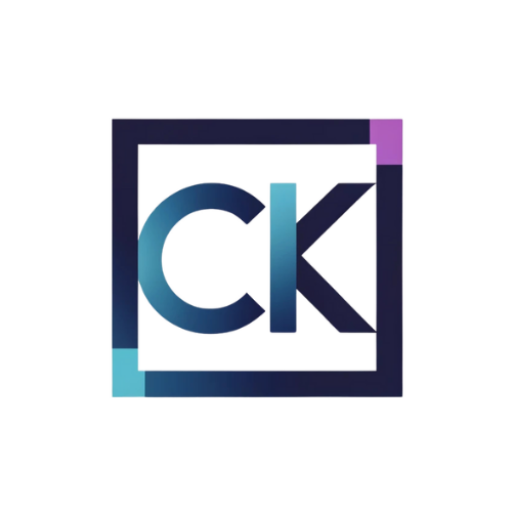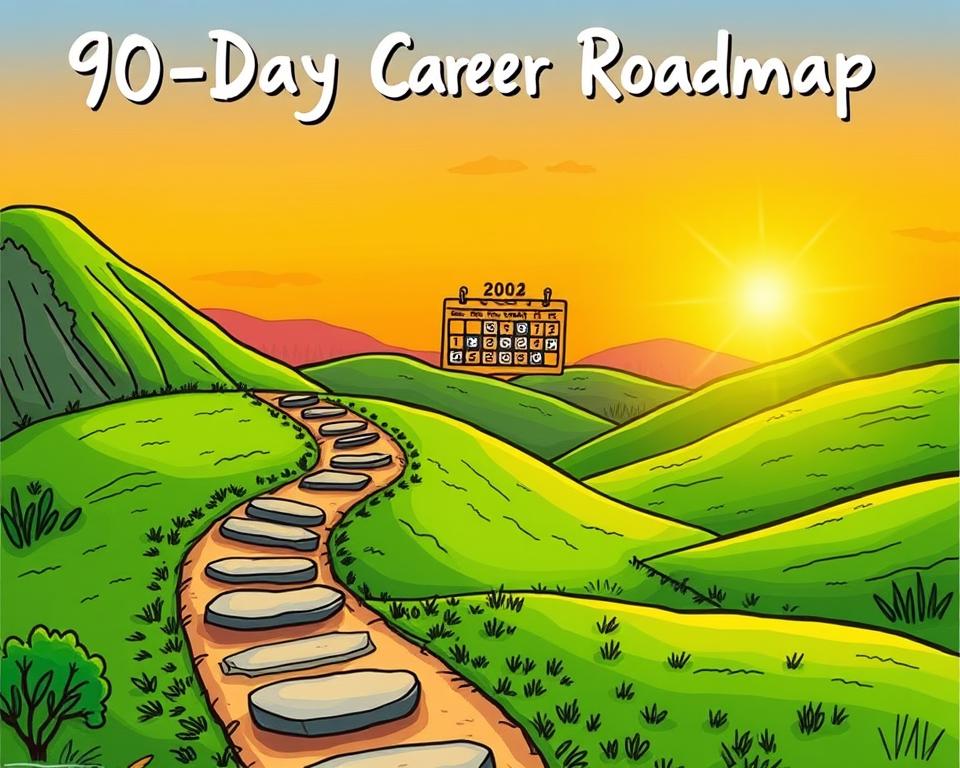Anúncios
In today’s fast-paced job market, the concept of “career agility” has emerged as a critical topic for professionals across various fields. Career agility refers to the ability to navigate your career path with flexibility and adaptability. As industries evolve, so do the skills and competencies required to succeed. Therefore, cultivating career agility has become essential for long-term career sustainability.
To begin with, being agile in your career involves embracing a growth mindset. This mindset is rooted in the belief that skills and intelligence can be developed through dedication and hard work. Embracing this approach means you will be more willing to take on challenges, seek feedback, and learn from mistakes. When you consider every experience—positive or negative—as an opportunity to grow, you position yourself better for the unpredictable job landscape.
One significant aspect of career agility is the continuous development of skills. In an age marked by rapid technological advancements, the skills you possess today may become obsolete tomorrow. Therefore, actively seeking professional development opportunities is crucial. This could involve enrolling in online courses, attending workshops, or gaining certifications relevant to your field. The more versatile your skill set, the more valuable you become to potential employers.
Moreover, networking remains a vital element of career agility. Establishing and nurturing professional relationships can open doors to new opportunities. Attend industry events, webinars, and online forums to meet like-minded professionals. Utilize platforms like LinkedIn to connect with peers, mentors, and industry leaders. Building a solid network can provide insights into current trends and potential job openings that may not be widely advertised.
Additionally, adapting to change is crucial for maintaining career agility. Change can come in various forms—new technologies, shifts in market demand, or even changes in your personal life. Being open to change allows you to pivot and adjust your career plans as needed. For instance, if a company undergoes significant restructuring or if a role becomes redundant, having the ability to reassess your skills and seek alternative opportunities can be invaluable.
Anúncios
An important factor in career agility is understanding your personal brand. Your personal brand reflects your reputation, values, and professional identity. In a competitive job market, having a clear and compelling brand can set you apart from other candidates. Take time to define what you want to be known for in your professional life. Once you identify this, you can curate your online presence to reflect your brand, including your social media profiles and personal website or portfolio.
While technical skills are essential, soft skills also play a crucial role in career agility. Skills such as communication, collaboration, and emotional intelligence can greatly enhance your employability. Many employers prioritize candidates who can work effectively within teams, demonstrate strong communication abilities, and adapt to diverse workplace cultures. Therefore, make an effort to develop these skills alongside your technical qualifications.
Setting goals is another critical component of maintaining career agility. Take the time to define short-term and long-term career objectives. Setting clear, attainable goals provides direction and motivation for your career journey. Break these goals down into actionable steps. Regularly review and adjust your goals to ensure they remain aligned with your evolving interests and the job market landscape.
One of the most impactful ways to cultivate career agility is through seeking mentorship. A mentor can provide invaluable insights based on their experiences and helps you navigate challenges. Identify a mentor in your field who can offer guidance and support. Additionally, consider becoming a mentor yourself; teaching others can deepen your understanding of your field and enhance your leadership skills.
In a world increasingly focused on flexibility, remote work capabilities have become a popular conversation. Embracing remote work opportunities can significantly boost your career agility. While some industries demand a physical presence, many companies offer flexible, remote positions. Being open to remote work allows you to access a broader range of job opportunities, regardless of geographical limitations.
Furthermore, recognizing the importance of work-life balance is crucial in maintaining career agility. A high-pressure work environment can lead to burnout, which ultimately hinders your productivity and career progression. Prioritizing wellness, time management, and self-care is key to sustaining your career momentum. Establish boundaries and ensure you allocate time for personal interests outside work to recharge and refocus.
As technology continues to advance, emerging careers in data analytics, artificial intelligence, and renewable energy are gaining traction. Keeping abreast of these trends can inform your decisions and help you pivot into lucrative opportunities. Identify industries that are forecasted to grow in the coming years and consider exploring roles within those sectors. Being proactive about your career trajectory means staying informed and making strategic moves.
Moreover, the gig economy is reshaping how we think about careers. With the rise of freelance work and contract positions, professionals can cultivate multiple income streams and diversify their skill sets. Engaging in freelance projects can also allow you to explore new interests and enhance your portfolio. Embracing gig work can provide both financial security and the freedom to experiment with various career paths.
Additionally, recognizing the significance of emotional resilience is crucial. The job market can be unpredictable, with many facing setbacks like job loss or difficult interviews. Building emotional resilience allows you to bounce back and adapt to challenges. Employ coping strategies such as mindfulness or professional counseling to enhance your emotional well-being and maintain a positive outlook throughout your career journey.
Peer feedback is another powerful tool in your career agility toolkit. Regularly asking for feedback from colleagues can provide insights into areas for improvement and reinforce your strengths. Creating a culture of open communication and constructive criticism fosters a supportive work environment. Engaging in conversations about performance and development makes you a proactive participant in your growth.
Lastly, staying curious is an essential trait for career agility. Cultivate a habit of asking questions and seeking knowledge in your field and beyond. Curiosity will lead you to explore emerging trends, innovative practices, and new perspectives. Consider reading industry-related articles, listening to podcasts, or subscribing to newsletters that keep you informed and engaged.
In conclusion, career agility involves a combination of embracing growth, continuous skill development, networking, and adapting to change. Prioritizing a strong personal brand, developing soft skills, and setting clear goals are all critical components of this journey. Mentorship, embracing remote work opportunities, and understanding emerging trends will further enhance your adaptability in the workforce.
Finally, nurturing emotional resilience, seeking peer feedback, and staying curious can ensure you remain a dynamic player in your career. In a rapidly evolving job market, those who cultivate career agility will be better equipped to thrive and succeed, no matter what changes lie ahead. Embrace the journey of career agility, and you’ll find that your career can become not just a path, but a thriving adventure. By actively engaging in all these aspects, you create a framework for success built on adaptability and growth, ensuring your professional journey is fulfilling and sustainable.



